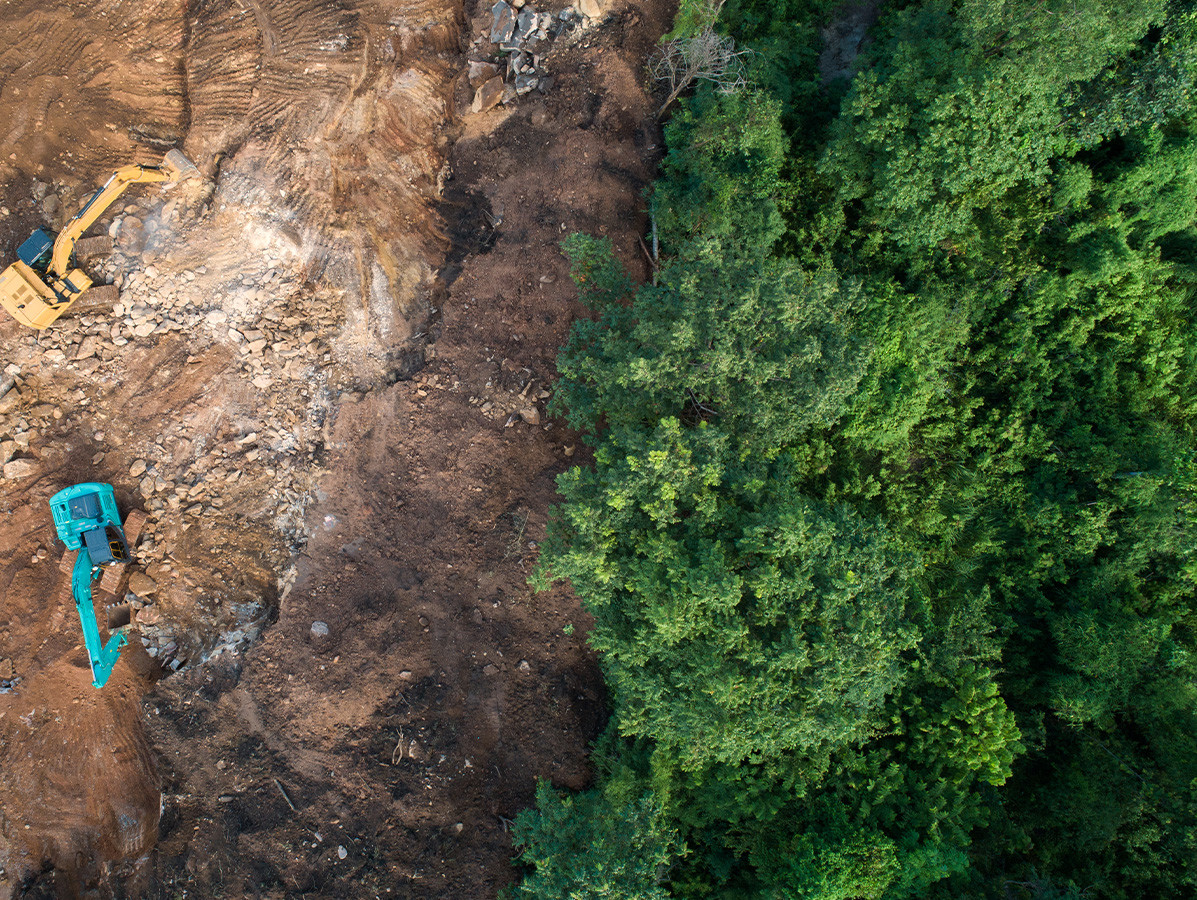
In the fight against deforestation, the European Union recently adopted a new regulation. This regulation raises the bar for sustainable sourcing of various raw materials and will therefore have a significant impact on many food companies. With this regulation, the EU is taking an important step towards a more sustainable future.
The regulation obliges companies to ensure that goods that enter or exit the EU market do not originate from land that has been deforested after 31 December 2020. To comply, they need to be able to trace the commodities and products back to the plot(s) of land where they were produced. Competent authorities in the EU member states will be responsible for the inspection of incoming goods. The level of inspections will be based on a risk classification that determines the obligations of companies and authorities.
The new EU regulation covers imports of seven commodities, including beef and leather, coffee, cocoa, palm oil and soy, plus the trade-in derived products such as chocolate, ground coffee, shoes and tires. Both imports and exports of these products add up to €85bn in trade. On the import side, it covers about 60% of all of the EU's agricultural imports which total almost €120bn.
One of the major questions is which part of the current trade will be non-compliant under the regulation. To answer that question, it's helpful to distinguish three types of trade flows:
Because of the recent cut-off date, the share of agricultural land in exporting countries that qualifies as "recently deforested" will be quite small in the beginning. For example, it is estimated that 1.5-2% of all land used for agricultural production in Brazil and Indonesia can be marked as recently deforested in 2023. This percentage will go up slightly over time as long as deforestation continues.
Companies across the food and beverage industry will require more information from their suppliers, often large traders, to verify the provenance of products because of the regulation. So traders will need to reach out and identify from which farms they source (in)directly. Meanwhile, European buyers of food commodities will need to draw up specific guidelines in their procurement strategies to be able to exclude deforestation-linked products. Many of the traders and food manufacturers involved, particularly the larger ones, won't have to start from scratch as they are already involved in initiatives on sustainable sourcing. On top of that, there are many public datasets and research articles available, as well as software solutions that help to trace flows.
Source: ING